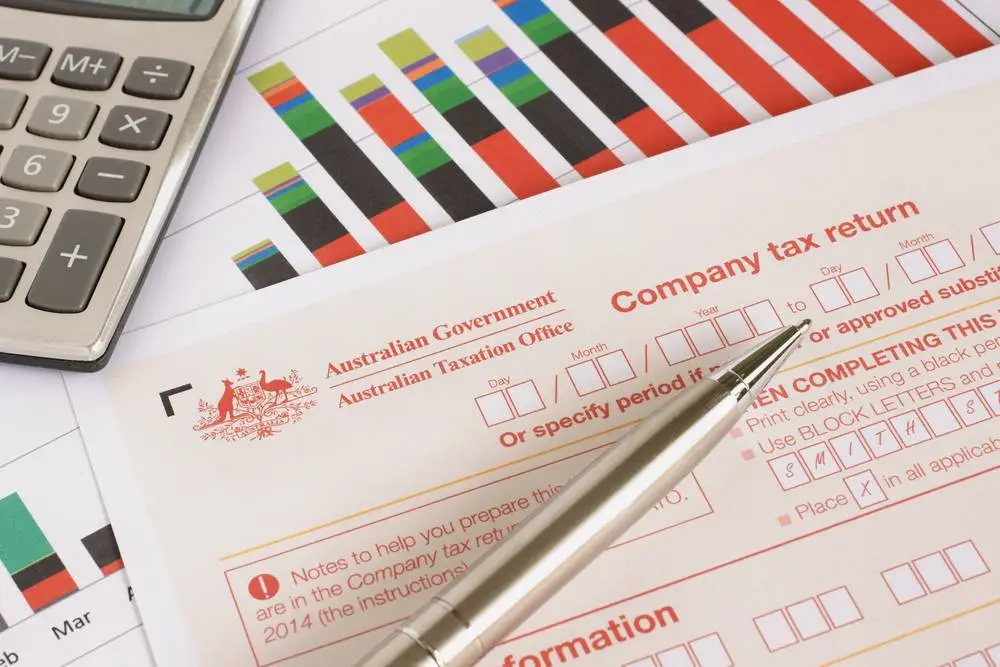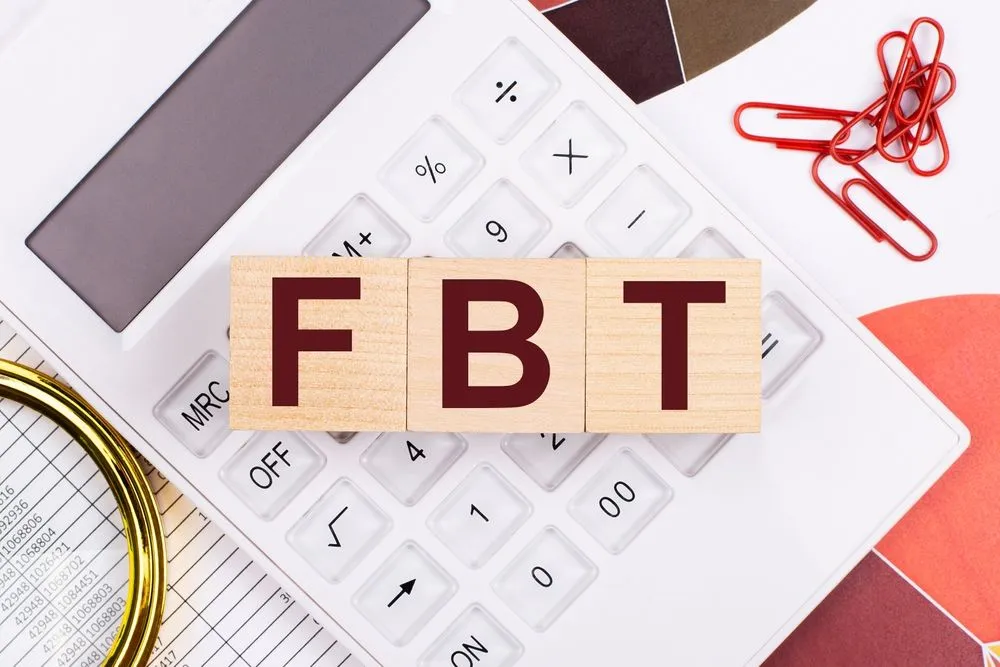
Nobody enters into marriage planning for divorce.
However, if you find yourself going through one, taxes and rebuilding finances after divorce are probably the last thing you want to think about.
During the emotional turmoil of a divorce, it’s easy to overlook or put off tedious financial tasks. You may feel paralysed by unfamiliar terminology like ‘asset transfers,’ ‘binding agreements,’ and ‘beneficiary nominations.’
For those inexperienced with handling finances prior to divorce, even basic tasks like getting a tax file number, opening a bank account, or paying bills can feel utterly overwhelming.
Having to ‘start over financially like a child’ is an apt description of this steep learning curve.
The reality is:
A divorce represents a massive financial transition.
If not managed correctly, you risk creating unnecessary tax burdens, leaving you and your assets vulnerable. But you don’t have to deal with this complicated process alone.
By following some straightforward guidance, you can cover all your bases and position yourself for a financially secure fresh start.
Step 1: Divide Assets and Update Ownership
After a divorce, one of the biggest financial tasks is properly dividing up any jointly owned assets and updating the ownership details.
If the family home was under both names and you took ownership of it during negotiations, be sure the ex-spouse’s name is completely removed from the deed and mortgage documents. Follow your state’s protocols for transferring the title solely into your name.
The same goes for any investment accounts or stock portfolios that were split up as part of the divorce settlement.
Don’t just transfer the assets into separate accounts; also, update the account holder information and beneficiary designations. Leaving an ex-spouse on assets like these can lead to unnecessary tax implications and complications down the road.
It is also a good idea to close any joint bank accounts or credit cards and open new, individual accounts in your name alone. Update any automatic payments, deposits or billing information too.
If you were awarded a vehicle, get the title updated as the sole owner and notify your auto insurance company of the change in ownership status.
This step may feel tedious, but dotting the i’s and crossing the t’s when it comes to updating ownership ensures your financial affairs are fully disentangled from your former spouse’s. It establishes a fresh start and protects your credit and assets moving forward.
Step 2. Your Will and Estate Plan
After properly updating your owned assets, the next crucial step is revising your estate planning documents, such as your will, insurance beneficiaries, powers of attorney, and more.
If your current will leaves any assets or executor duties to your ex-spouse, you’ll want to draft a brand new will right away. An updated will ensures your assets are distributed according to your current wishes and provides for any children from this point forward.
Don’t overlook updating beneficiary designations on life insurance policies, superannuation, and any other accounts where an ex-spouse may still be listed.
Having a former spouse remain as a beneficiary could entitle them to a significant portion of those funds—which clearly isn’t desired after a divorce!
Don’t overlook updating your superannuation accounts, either.
Be sure to revise any binding death benefit nominations that previously named your ex-spouse as the beneficiary. As a divorcee or newly single person, you’ll want those funds to go to your children, loved ones, or a new partner you may have down the road.
Finally, be sure to revoke any Enduring Guardian or Power of Attorney document previously assigned to your ex, as you’ll want to appoint someone else to make decisions on your behalf if need be.
By updating your estate documents, you can be assured that your assets and interests are fully secure as you embark on this new single-life stage.
Step 3. Seek Professional Financial Advice
With your assets accounted for and estate documents updated, the next wise move is to seek guidance from a financial advisor.
A divorce represents a major shift in your financial situation and goals. Working with a professional can ensure your money is properly structured for tax efficiency and long-term growth as a single person.
A financial planner can analyse your current assets, income, and expenses to develop an investment strategy tailored to your new lifestyle. They can recommend the most advantageous accounts to maximise returns while minimising tax burdens.
This is also an ideal time to determine if you need a financial protection agreement for the future.
Step 4. Protecting Your Financial Future
As you get back on your feet financially after a separation or divorce, it’s wise to consider safeguarding your hard-earned assets if you decide to enter into a new relationship.
This is where a Financial Agreement (FA), often referred to as a prenuptial agreement, can come in handy. An FA is a legal document that spells out what happens to your money, property, and debts if the relationship ends, preventing any potential disputes before they can even arise.
A well-crafted FA gives both partners clarity and peace of mind by clearly defining who owns what assets and how they’ll be divided if you part ways.
Since you’ve already gone through the complex process of disentangling your finances once, having an FA in place can serve as a proactive measure to protect what’s yours from any future claims.
Drawing up a fair and legally binding FA requires some careful thought and guidance from an experienced lawyer. The agreement can cover a wide range of assets—from real estate and investments to inheritances and even future income streams—depending on what you and your partner agree to.
While getting an FA might seem a bit unromantic, it ultimately provides an extra layer of security that allows you to move forward with a new relationship without worrying about your financial independence being compromised.
It’s a step towards protecting what you’ve worked so hard for, no matter what lies ahead.
Conclusion
Going through a divorce inevitably means dealing with a number of financial and legal changes.
From dividing up assets and accounts to updating ownership details and revising your estate plan, financial matters can easily feel overwhelming, especially if you’re unfamiliar with managing money matters.
If you’re feeling unprepared to take the financial reins due to inexperience, that’s okay!
Admitting you need help is a sign of strength, not weakness. Lean on financial professionals to guide you through everything from investing to budgeting to basic banking. They can walk you through money management fundamentals to ensure you establish a solid foundation for your newly independent financial life. An advisor’s support can be invaluable during this transition.
However, avoiding or rushing through these financial tasks can leave you vulnerable and significantly cost you. Proper planning is critical for truly achieving long-term financial security as a newly single individual.
While the divorce journey is undoubtedly difficult, viewing it as a chance to build your financial knowledge and independence can be an empowering mindset shift.
You’ve got this.
Need expert accounting advice for your post-divorce finances? Contact us today for professional support.






